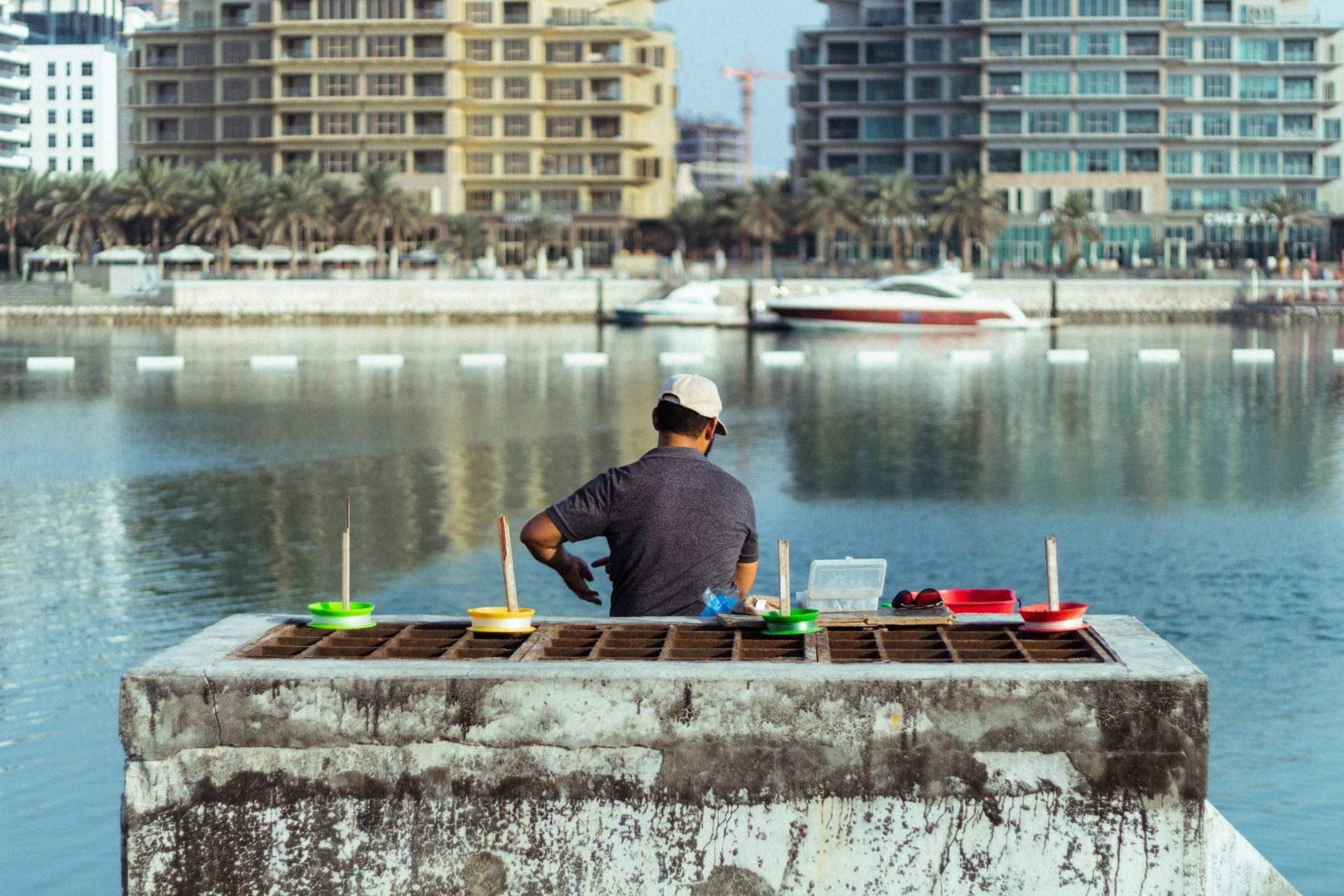Is Rio de Janeiro dangerous? When it comes to Rio de Janeiro safety, it’s important to consider a variety of factors. While the city is known for its vibrant culture and beautiful beaches, it also has a reputation for crime and natural hazards. However, with proper planning and caution, visitors can have a safe and enjoyable trip to Rio.
Common Causes of Injury
One of the most common causes of injury in Rio de Janeiro is accidents related to beach activities. Visitors should be aware of strong currents and waves, and should always swim in designated areas with lifeguards on duty. Sun exposure is also a concern, so be sure to wear sunscreen and stay hydrated.
Natural Dangers
Rio de Janeiro is located in a tropical climate, and visitors should be aware of the risks of heat stroke, dehydration, and insect-borne illnesses. Mosquito-borne illnesses such as dengue fever and Zika virus are present in the area, so it is important to take precautions such as using insect repellent and wearing protective clothing.
Weather-Related Dangers
Rio de Janeiro is hottest and most humid during the months of December through March. Visitors should take extra precautions during this time to stay hydrated and protect themselves from the sun. The city is also prone to heavy rains and flash floods during the months of November through April, so it is important to be aware of weather conditions and take necessary safety precautions.
Crime
Crime rates in Rio de Janeiro are high, and visitors should take precautions to protect themselves. Some of the most common types of crime in the city include mugging, pickpocketing, and theft. The most dangerous areas of the city are generally considered to be the favelas, or informal settlements, and visitors should avoid these areas if possible. However, the city also has several neighborhoods that are considered safe such as Barra da Tijuca, Leblon, and Ipanema.
It is important to note that crime in the city is not limited to the favelas. Areas of high tourism such as Copacabana and Ipanema are also known for pickpocketing and theft of personal belongings, so it is important to be vigilant and keep valuables hidden.
Conclusion
While Rio de Janeiro has its share of safety concerns, visitors can take steps to protect themselves and have a safe and enjoyable trip. By being aware of common causes of injury, natural hazards, weather-related dangers and crime, and taking appropriate precautions, visitors can experience all that the city has to offer without putting themselves at unnecessary risk. Remember to always stay in well-lit, populated areas, avoid carrying large amount of cash or expensive jewelry and always be aware of surroundings.



